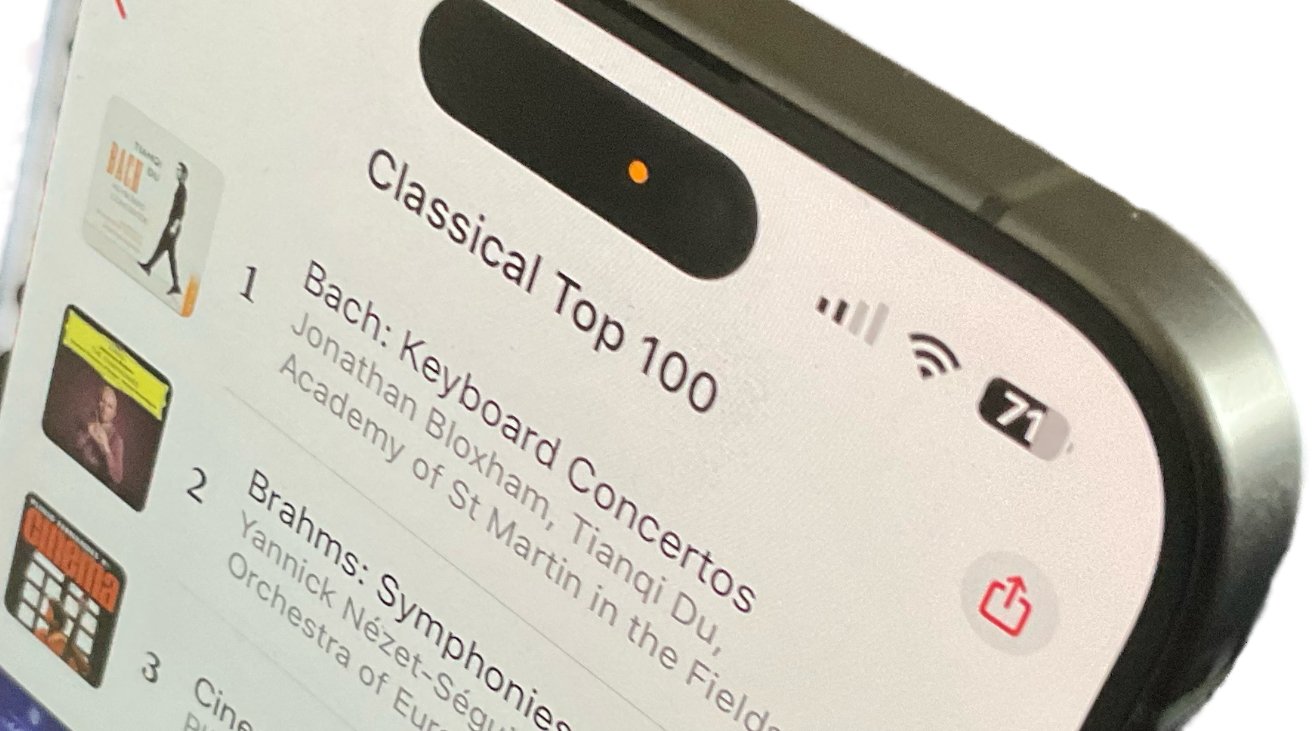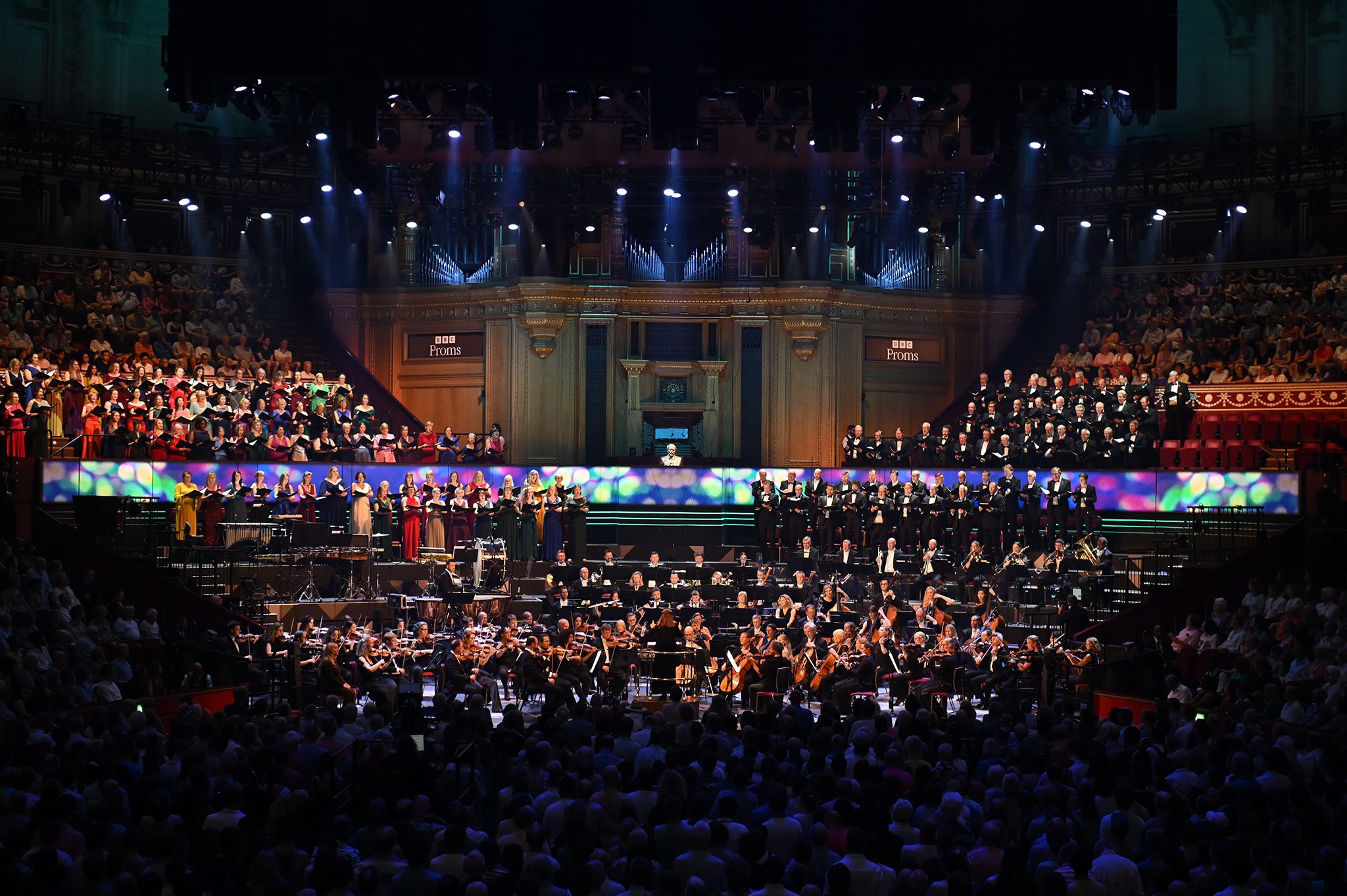Do creatives need to be less humble about their achievements?
Social media is awash with posts from creatives announcing their latest achievements framed with words like ‘humbled’ or ‘privileged’, words you see once and from that moment on you can never do anything but see time and time and time again.
The intention behind the use of the word is understandable. No performer or writer wants to appear overbearing to their peers. If you’re in the business of building a connection with your audience you want to avoid lording it over them too. These words are included to protect rapport or, if you’re working on that, to help establish it by being relatable.
Increasingly, I’m of the mind that they’re communicating something different which is unhelpful.
In my leadership and executive coaching work with clients from a range of ‘corporates’ the one thing we often end up exploring is the familiar language we use to describe ourselves to ourselves, and that language we use automatically verbally and in written form. Sometimes this takes the form of ‘verbal ticks’ – clarifying statements like, ‘I don’t want to sound like I’m moaning here,’ or ‘Does that make sense?’, or ‘I’m rambling now.’ These phrases are thrown in to reach out to the audience they’re speaking to for fear that what they’ve just said has severed their connection.
Unease accepting complimentary feedback is often a red flag too. In our race to dismiss the compliment received with a dose of self-deprecation, we can end up inadvertently communicating that we don’t value the compliment, don’t recognise it, or don’t accept it. In these moments we’re using humility (or self-deprecation) as a way of guarding against being seen as big-headed or complacent. In doing so we are seen to reject the compliment at the same time as communicating indirectly exactly what we think of ourselves. The dissonance is unsettling. This automatic kind of humility is counter-productive.
It’s prompted me to question whether there is an unintended consequence when creatives exercise that same humility too. The intention is of course to convey a lightness of touch, a matter of fact-ness, or perhaps an image of being down-to-earth. But, in making that the first word people see in a social media post (for most though not all languages in the world the brain processes meaning by reading from left to right) are creatives masking what led up to that achievement in the first place? Say, a willingness to repeatedly try and fail, training, practice, attention to detail and delivering to a deadline (even if their mind and body was working against them)?
Saying you’re humble or privileged to frame an announcement denies the achievement you’re seeking to draw attention to.
In the corporate world, creative thinking and creativity is seen as a skill that needs to be developed. It is highly prized and highly-valued. Executives and leaders aspire to be ‘better’ creative thinkers.
Does humility do the arts world a massive disservice by downplaying pride in achievement? In a time of cultural vandals, do creatives need to be less humble, and speak more unapologetically? Are we at a moment in time when we need to dial down the humility and collectively speak with a little more self-assurance, self-belief and conviction?



